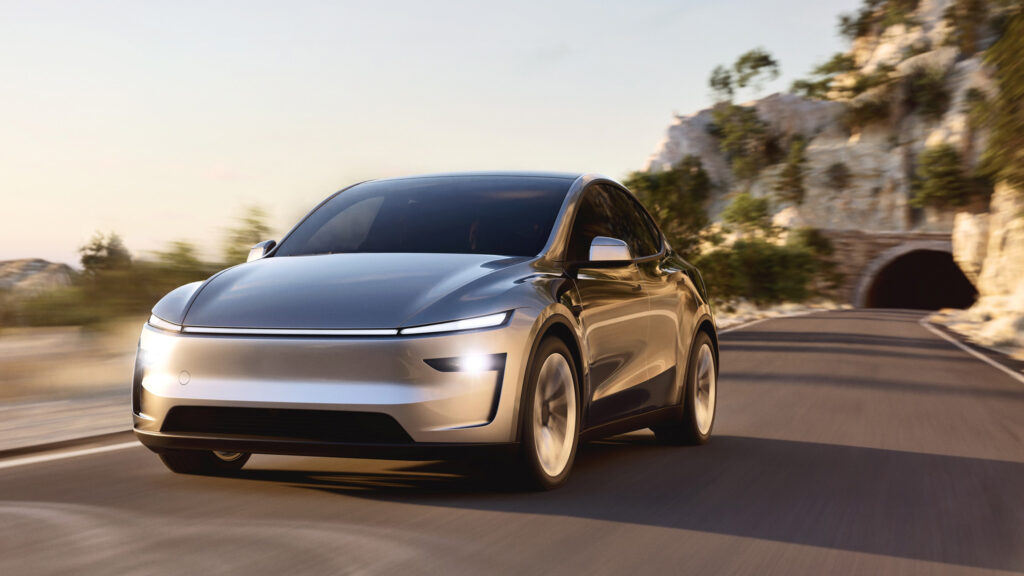Court Ruling Against Tesla
A federal court in California has ruled that Tesla must face a class action lawsuit that accuses the company of deceiving about the capabilities of its electric vehicles’ autopilot. The manufacturer attempted to get the case dismissed, but the judge rejected these arguments.
Advertising Promises vs. Reality
Since 2016, Tesla has claimed that all its cars are equipped with hardware for full self-driving. These claims were made via the official website, blogs, social media, and personally by CEO Elon Musk. However, in practice, the vehicles have never achieved the claimed levels of autonomy (4 or 5).
The Judge’s Position
Judge Rita Lin noted that Tesla failed to demonstrate the true capability for long-range autonomous driving in any of its vehicles. She also pointed out that thousands of people could have seen Tesla’s website claims about the necessary hardware being present, which creates grounds for class action lawsuits.
The judge remarked that typically Tesla’s promotional channels would not be sufficient to establish mass impact, but in this case, such an assumption is reasonable.

Tesla’s Arguments
The company argued that not all buyers could have seen its statements, and that there is no evidence of a significant impact of these claims on purchase decisions. The cases concern drivers who purchased the self-driving package during specific periods and opted out of the arbitration agreement.

Legal Implications
This ruling could open the door to numerous class action lawsuits against the manufacturer. In the US, Tesla’s arbitration agreement requires disputes to be resolved through arbitration, unless the buyer opted out of this term within 30 days of purchase.
The issue of autonomous driving remains one of the most debated in the automotive industry, and such lawsuits could affect not only Tesla but also regulatory standards and consumer perception of the technology. Many companies are now more cautious in wording their promises about future features, aware of the legal risks.


 by
by 
